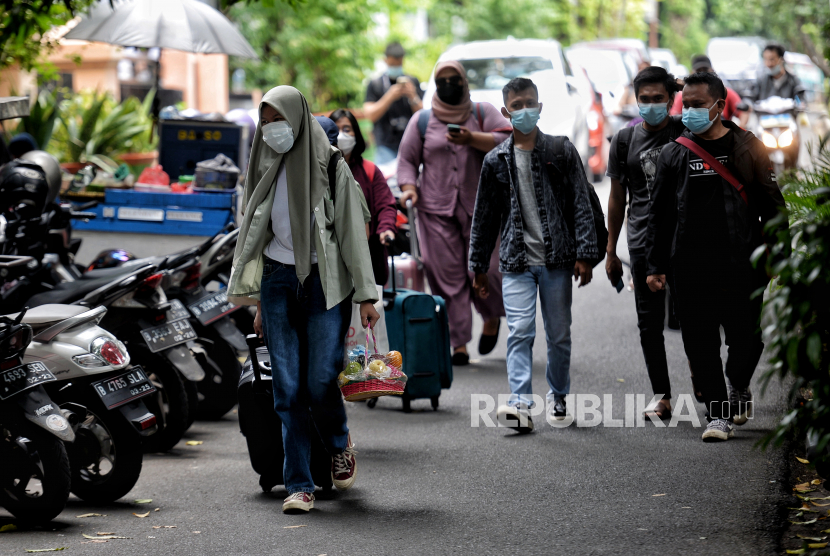A little over a year ago, the Ministry of Justice announced that it would invest 200 million euros to improve local justice. In other words, so that many everyday criminal cases are dealt with more quickly. Three hundred and fifty offenses were concerned: insults, tags, urban rodeos, trickery… Objective: To put an end to the feeling of impunity. We want justice close to citizens and their expectations. Effective. Returned quickly, declared to us in December 2020, the Keeper of the Seals, Éric Dupond-Moretti.
To achieve this, the latter encouraged prosecutors to make greater use of alternatives to prosecution which avoid the entire procedure linked to a trial. It is a first assessment of this criminal policy that came to present, this Thursday in Villeneuve-sur-Lot (Lot-et-Garonne), Éric Dupond-Moretti. Just over 10,000 reparation measures have been pronounced against minors who have committed an offence. And who thus had to return the stolen property, restore damaged places or compensate the victim… 3,475 unpaid jobs were also ordered and the number of bans on appearing in a place or sector was multiplied by 4.6 between 2018 and 2021.
Hearings outside the courts
In terms of resources, the budget allocated to the prosecutor’s delegates (auxiliaries responsible for implementing the decisions of the public prosecutors) has been multiplied by two. These are now slightly more numerous (1,022 compared to 901 in December 2020) and hold hearings outside the courts, as close as possible to the commission of the offences. Each month, 1,297 hearings are held outside the walls of the courts, says the Ministry of Justice.
914 recruitments of legal assistants and reinforcements for the registries also took place. And the use of honorary and temporary magistrates has been facilitated so that mobile, that is to say delocalized, hearings are held. Nearly 115,000 hearings, in total, were thus held in one year outside the courts.
Few calls to order by the mayors
Finally, still to improve this local justice, the ministry encouraged the mayors to use reminders to order. A person can be summoned to the office of a mayor for acts which do not constitute an offense or which only result in a fine. This is an interesting response for petty crime, we are assured at the ministry. But in the immediate future, on this point, the results appear mixed: only 967 calls to order have been made in the almost 35,000 municipalities in France.
However, overall, those around the Keeper of the Seals believe that this is a positive assessment of local criminal justice. In civil matters, this local justice having only been announced in May, a first inventory appears too hasty.
A need for at least 1,500 magistrates
In the courts, there is no doubt that the results of the ministry’s action are not assessed in the same way. A forum signed by several thousand magistrates and clerks and published in Le Monde in November, had reminded the minister of the deep malaise and suffering affecting justice in France.
To reduce it, these signatories but also, since then, senior magistrates and unions have called for more resources. And in particular permanent positions and not only contractual ones. On this point, the National Conference of Presidents of Judicial Courts (CNPTJ) yesterday published its own estimate of the needs: at least 35% of the workforce (1,500 magistrates) to be able to deal with the high level of the demand for justice without lengthening even more the delays in judgments, say the presidents of the courts.
This calculation was established on the basis of data collected in two thirds of the judicial courts of France: 108 out of 163, outside the court of Paris, the largest in the country and which establishes its own evaluation.
To the ministry, while recalling that the budget devoted to Justice has been increased consistently for two consecutive years (+8% in 2021 and 2022), no one disputes the need for reinforcements. However, the ministry is in the process of carrying out its own needs assessments. Within the framework of a frame of reference on the workload of magistrates drawn up by the Department of Judicial Services. And with the help of the States General of Justice whose conclusions are expected in April. But in April, in the midst of the presidential election, what will be the scope of such work?
–


